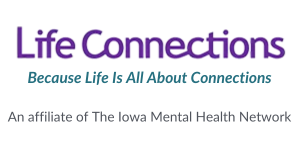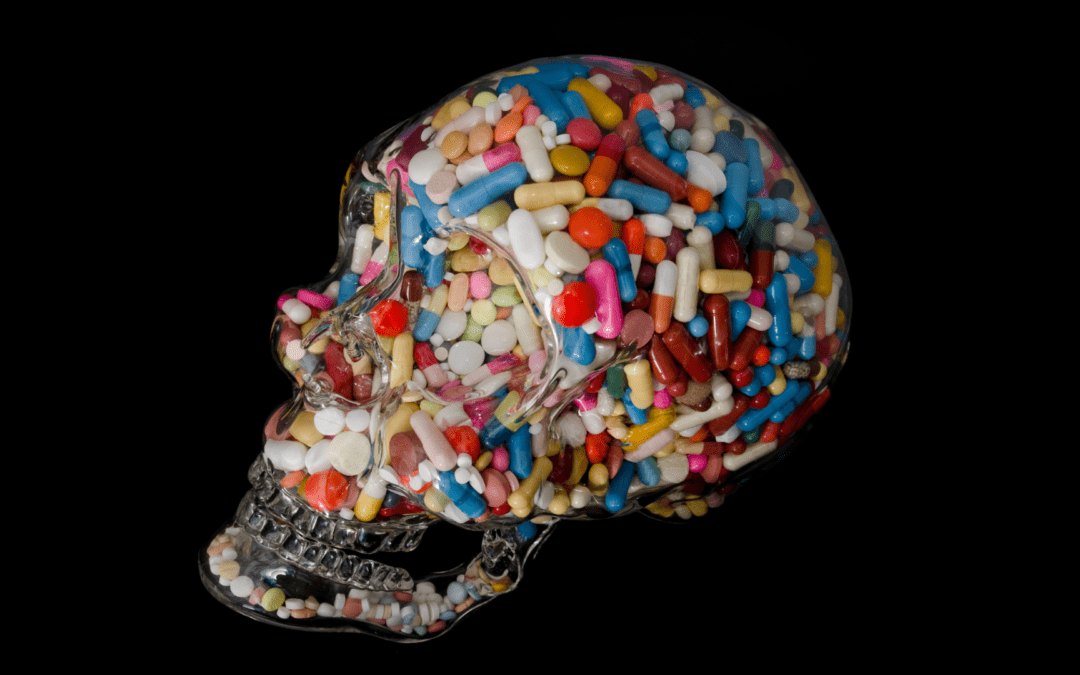There is a study nick-named “the rat park study” that fascinated me because it makes a great point about the importance of community to solve addiction problems. The study was conducted by changing earlier research (that used rats alone in cages) to similar experiments with rats in large community settings with other rats. An article that followed the study was published in 1981; it concluded that rats would more frequently choose food and water over addictive drugs when provided with a more social and utopian environment.
When researching this study I found a headline claiming that “Everything You Think You Know About Addiction Is Wrong.” What? Could that be true? The headline linked me to a TED Talks video explaining the importance of social connection in recovery and described the rat park study in detail. The video was of a man named Johan Hari supporting his viewpoint that criminalizing people with addiction problems was not as effective a solution to addiction as providing them with support and connection to address addiction problems. I concluded from listening to his speech that what he was referring to as “everything you think you know about addiction” was the outlawing and isolating people with addiction (which is what many governments are doing to address drug addiction problems) and not an effective policy.
But, then I found what seemed to be some problems with the rat park study itself. An article in the Outline described how the Rat Park study did not meet approval of the scientific community for several reasons. Some publications refused to publish the rat park study due to problems with the study’s methodology and results. The rat park study also proved inconsistent when repeated. This article indicated that this study should not be used as a tool to point out errors in the criminalization approach (a.k.a. The War on Drugs) to addiction problems. This article does give credit to the point that connection is an important piece to understanding addiction. And this article concludes that broader thinking and understanding people with addiction will help keep us from falling into single-focused, less effective solutions like criminalization. Human lives (their social connections and mental health needs) are probably more complex than rats anyway.
So what do we know? Every person has different needs, and for this reason I support a client centered approach. I do not believe that there is a one-size-fits-all solution for people with addiction who want to recover. And there may be no solution for the people who are addicted and do not want to recover! After all, how many addiction counselors does it take to change a lightbulb? Just one, but the lightbulb has to want to change.
An article in Talkspace describes client centered therapy as a method that allows the client to take the reins and the counselor to be the guide for the client. The counselor will probably need to guide the client with addiction problems to a better support network, but not always. What does the client even have available for connections? The counselor needs to listen to and understand the client enough to answer that question. Either way, the client’s addiction problems will most likely be complex and individual. There is no single study to point to and say, “see? There’s the answer to addiction problems right there!”
And, is it right to use animals for experiments? Well that’s a topic for another blog.
Fred Mishler, CADC, Certified Alcohol and Drug Counselor
Life Connections Cedar Rapids Office
Because Life is All About Connections
Life Connections provides in-home Behavioral Health Intervention services, Therapy services, autism (ABA) services and Children’s Mental Health waiver services in our 13 office locations and approved schools across Iowa. Life Connections was founded in March of 2009 with the intent to serve the children and families of Cedar Rapids and surrounding cities.
Life Connections is a highly professional and caring counseling and behavioral health provider. We offer a wide array of services to treat mental health issues including Applied Behavior Analysis Services, Behavioral Health Intervention Services, mental health therapy, school-based therapy programs, and substance use treatment. For more information, please call 319-409-6922.
Resources:
- National Suicide Prevention Hotline 800-273-8255
- Crisis Text line text to 741741
- The Trevor Project – for LGBTQ+ young adult community 866-488-7386
- Rape, Abuse, and Incest National Network 800-656-4673
Start Your Services
Start Mental & Behavioral Health Services with Life Connections | Because life is all about connections.

